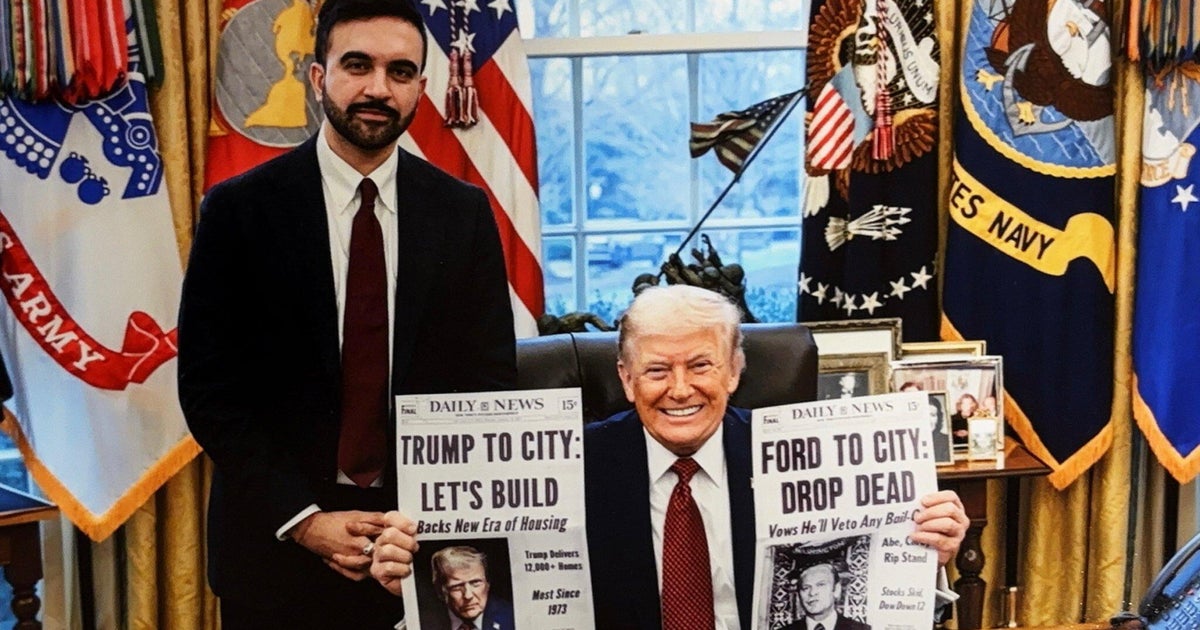U.S., Chinese officials set to rekindle trade talks
The U.S. and China are taking another stab at easing trade tensions. U.S. Treasury Under Secretary David Malpass is slated to meet Chinese counterpart Wang Shouwen in Washington this week, the first meeting between senior officials since June, when talks in Beijing between Commerce Secretary Wilbur Ross and Vice Premier Liu ended without a settlement.
Economists do not expect big breakthroughs. The discussions instead are aimed at paving the way for a possible resolution when Mr. Trump and Chinese leader Xi Jinping meet at multilateral talks in November.
This week's discussions take place as the Trump administration imposes previously announced tariffs on a remaining $16 billion of $50 billion in Chinese goods. In another sign the U.S. isn't about to relent, the U.S. Trade Representative (USTR) on Monday started a week-long session of planned hearing an additional $200 billion in tariffs proposed by President Donald Trump. More than 1,500 witnesses have submitted written testimony.
Here's a look at some of the key issues facing the sides.
Technology and intellectual property
Mr. Trump and U.S. trade officials argue that Chinese companies force U.S. business to effectively hand over intellectual property, such as patents, in exchange for doing business in China. He is seeking to punish China under a part of a 1974 trade law, commonly known as Section 301, that allows for tariffs. The White House has proposed imposing levies on another $200 billion of Chinese goods.
Yet most U.S. companies say tariffs aren't a good way to approach the issue, saying a trade war risks stifling global growth and costing Americans millions of jobs. Mr. Trump doubled down in July and said he's willing to place tariffs on all Chinese imports, or more than $500 billion, if no agreement is reached.
Tit-for-tat tariffs already imposed
The Trump administration imposed $34 billion in tariffs on July 6, and China countered with an equal measure of duties on U.S. imports. Each is set to impose tariffs on another $16 billion in goods starting August 23. With the USTR holding hearings this week, China has already readied $60 billion in retaliatory tariffs.
Congress recently expanded the U.S.'s ability to examine foreign investments in American assets, including acquisitions, by strengthening rules to protect intellectual property -- a move that's partly aimed at China.
Foreign investment in the U.S. has slipped every quarter since Mr. Trump has taken office, a possible sign nervous investors may no longer view the country as the safe haven as it once was, some observers say.
China's currency
U.S. officials reportedly want China to raise the value of its currency to levels before the latest trade dispute between the countries. A strong U.S. dollar means American consumers pay less for imports, but it hurts companies who export their products overseas.
Some U.S. officials, including Mr. Trump, have accused China of manipulating its currency in order to boost its exports and to offset the impact of U.S. tariffs.
The value of China's yuan had dropped almost 10 percent compared to the dollar since April. It began climbing once the low-level talks were announced this month. Mr. Trump raised the potential tariff levels on the proposed $200 billion to 25 percent, from 10 percent, reportedly to counter China's sinking currency, one way Beijing can temper the effects of U.S. tariffs.
U.S.-China trade deficit
Mr. Trump has railed against the trade deficit with China since before he took office. China is America's largest trading partner, and Mr. Trump points to America's 2017 trade deficit of about $375 billion as a sign that the trade relationship is unbalanced.
Americans spend more than they save, and that can create a trade deficit with countries that export goods to the U.S. China's Commerce Ministry said last week that Beijing "reiterates its opposition to unilateralism and trade protectionism and does not accept any unilateral trade restrictions."
Michael Hirson of Eurasia Group doesn't expect the latest round of U.S.-China talks to produce a meaningful thaw in tensions. He puts a strong chance on Mr. Trump proceeding with its threat to hit China with tariffs on another $200 billion in goods.
China's economy decelerated from April through June as Beijing tightened credit to combat a big rise in debt. The International Monetary Fund expects Chinese growth to slow to 6.6 percent this year, from 6.9 percent in 2017. Meanwhile, the U.S. economy is still booming -- for now.
-- The Associated Press contributed to this report.



